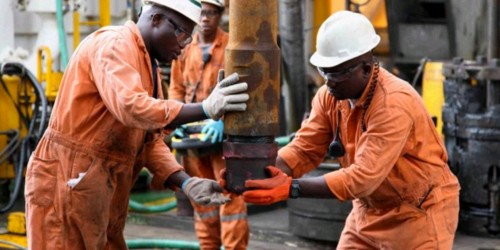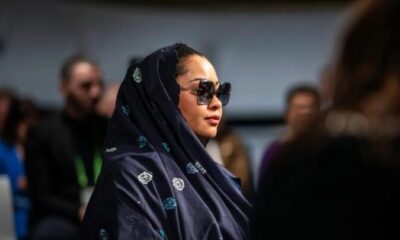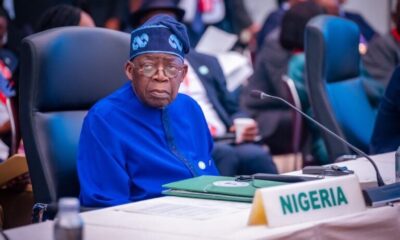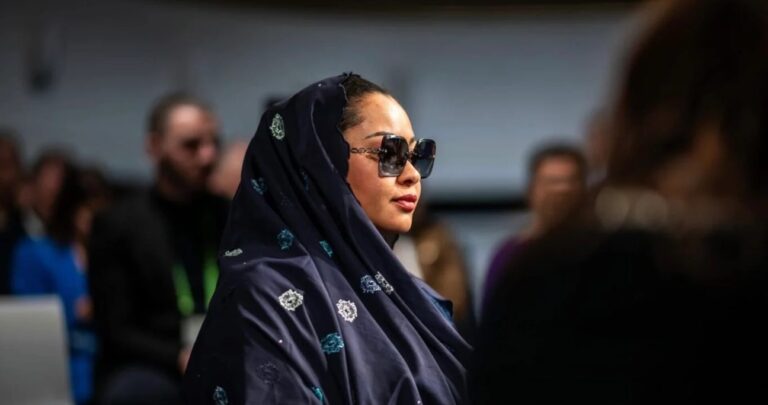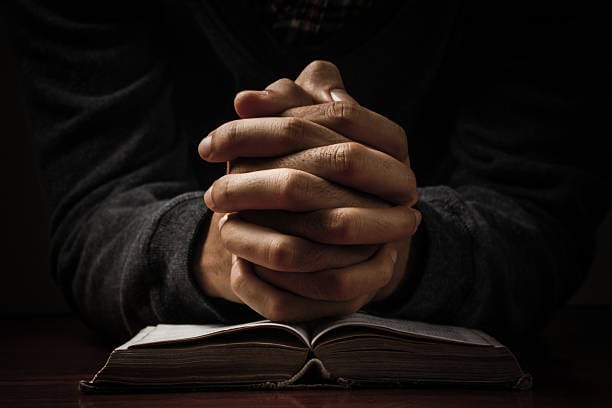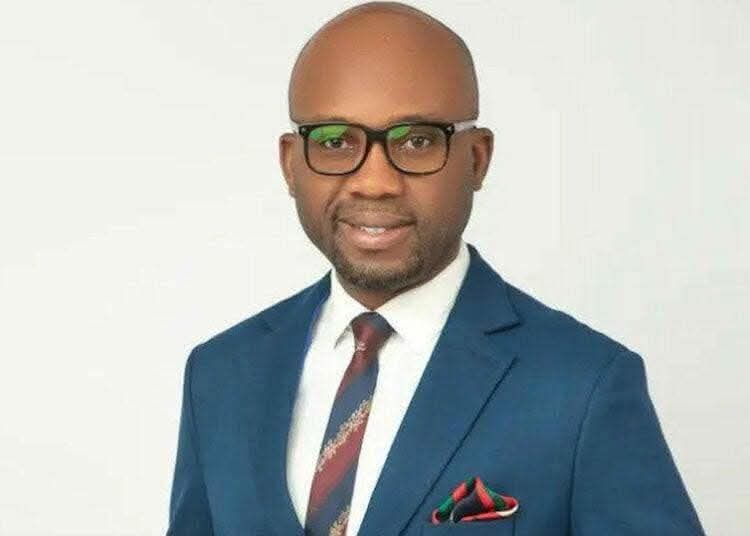The federal government, through the Nigeria Upstream Petroleum Regulatory Commission (NUPRC), has struck a deal with oil producers to sell crude oil to local refiners at market prices, resolving a longstanding supply dispute that had strained relationships with international oil companies.
NUPRC CEO Gbenga Komolafe stressed that pricing issues should no longer hinder domestic refining, paving the way for a more harmonious and market-driven approach to crude oil sales.
“We will never allow price strangulation to disincentivise our domestic refining capacity optimisation,” said Komolafe.
Komolafe highlighted the commission’s commitment to preventing “crude supply profiteering” while ensuring that oil production remains profitable.
To ensure transparency, the NUPRC has requested monthly cargo price quotes on crude oil supply and delivery from both producers and refiners.
The NUPRC aims to balance upstream development with a sustainable domestic energy supply chain, reinforcing its role in fostering a fair and profitable oil production environment.
Recall that earlier in the year, the NUPRC directed local and international oil companies to prioritise the supply of crude oil to local refineries. The regulator further set a target of 483,000 barrels to local refineries with the Dangote refinery expected to receive 325,000 barrels daily.
Additional refineries expected to benefit from the crude oil supply include the Warri and Port Harcourt refineries, which are slated to receive 75,000 and 54,000 barrels of crude oil per day, respectively. Meanwhile, smaller refineries such as Waltersmith, OPAC, and Niger Delta Petroleum Refinery, among others, are set to receive 10,000 barrels per day or less.
Later in April, the NUPRC mandated all oil companies in Nigeria to supply crude oil to domestic refineries that are unable to source it locally. Only after meeting these domestic supply obligations are producers allowed to export crude oil. The Petroleum Industry Act (PIA) mandates that international oil companies must first meet local demand by supplying crude oil to domestic refineries before exporting any surplus.
However, last month, Devakumar Edwin, the Vice President of Oil and Gas at Dangote Industries Limited (DIL), accused International Oil Companies (IOCs) in Nigeria of deliberately attempting to undermine the Dangote Oil Refinery and Petrochemicals.
Edwin asserted that the IOCs are intentionally obstructing the refinery’s efforts to purchase local crude by inflating premium prices above market rates. This forces the refinery to import crude from distant countries such as the United States, resulting in significantly higher costs.
Nigerians expected the 650,000 barrels Dangote refinery to significantly or end the country’s petrol import dependence in the era of post-subsidy removal.

 BIG STORY1 day ago
BIG STORY1 day ago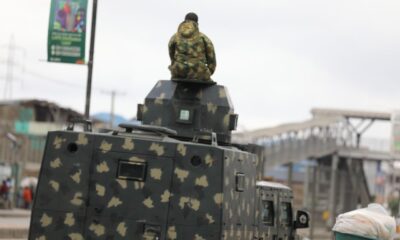
 BIG STORY5 days ago
BIG STORY5 days ago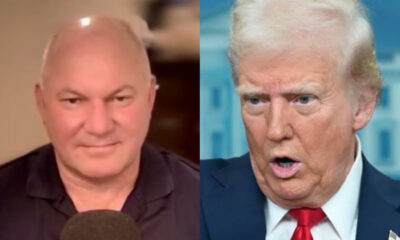
 BIG STORY2 days ago
BIG STORY2 days ago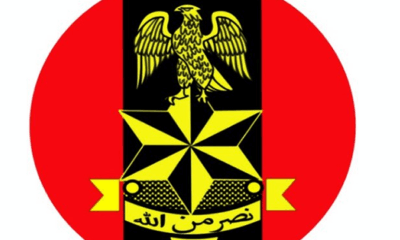
 BIG STORY5 days ago
BIG STORY5 days ago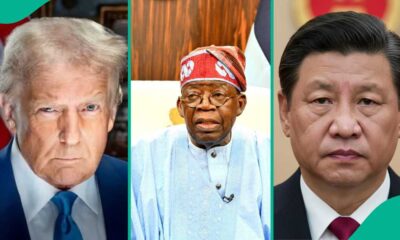
 BIG STORY11 hours ago
BIG STORY11 hours ago
 BIG STORY10 hours ago
BIG STORY10 hours ago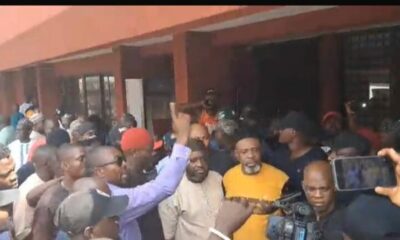
 BIG STORY2 days ago
BIG STORY2 days ago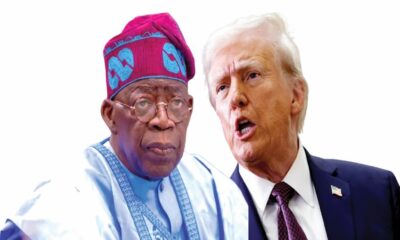
 BIG STORY2 days ago
BIG STORY2 days ago




